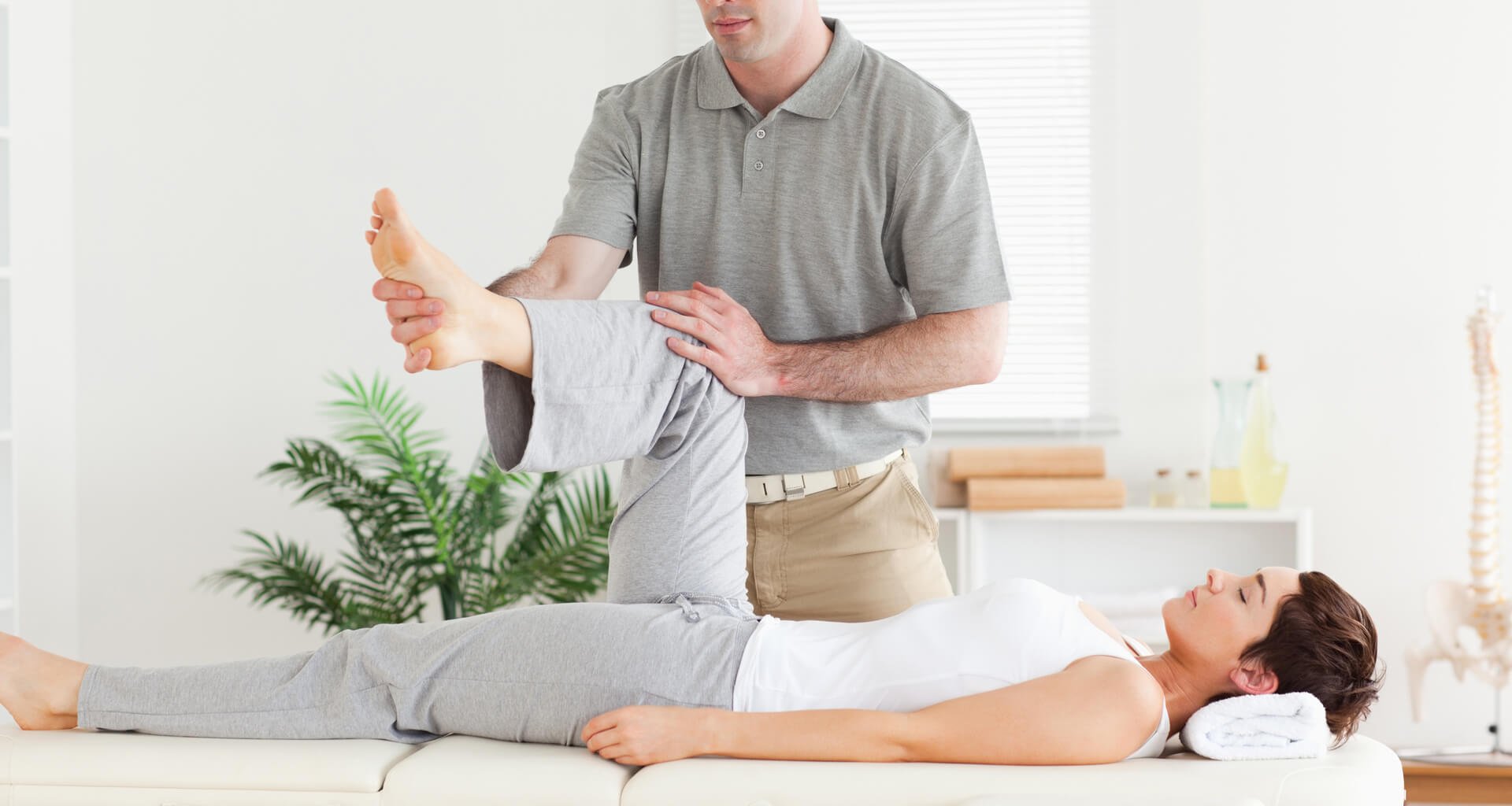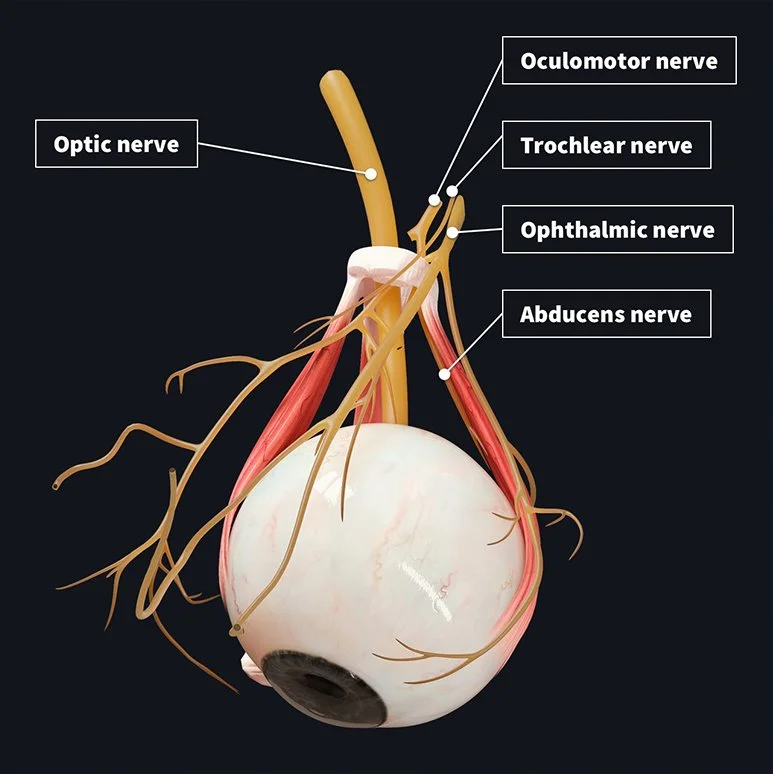
OculoMotor Vestibular Therapy
Home / OculoMotor Vestibular Therapy
OculoMotor Vestibular Therapy
OcularMotor Vestibular Rehabilitation (OMVR) is a specialized form of therapy designed to alleviate issues related to the vestibular system, which is responsible for maintaining balance and eye movements. At our clinic, we offer comprehensive OMVR services to address a range of vestibular disorders, including but not limited to vertigo, dizziness, balance issues, and ocular motor dysfunction.
At La Mesa Rehab, our treatment plans are tailored to meet the individual needs of each patient, ensuring a focused and effective approach to rehabilitation. The benefits of OMVR are numerous and include improved balance and stability, reduced risk of falls, decreased dizziness and vertigo symptoms, and enhanced coordination of eye movements.
The treatment methods we employ
in OMVR are evidence-based and align with current professional standards. Our approach includes:
Vestibular Rehabilitation Therapy (VRT): This involves specific exercises that aim to improve balance and reduce problems related to dizziness.
Gaze Stabilization Exercises: These exercises are designed to help improve the control of eye movements, which can be impacted by vestibular disorders.
Balance Training: Customized balance exercises are used to enhance stability and reduce the risk of falls.
Habituation Exercises: These exercises help patients gradually get used to the movements that provoke their symptoms.
Key Focus Areas in OMVR:
Individualized assessment and treatment planning
Improvement in balance and reduction in fall risk
Alleviation of dizziness and vertigo symptoms
Enhanced coordination and stabilization of eye movements
Education and self-management strategies for long-term benefits
OMVR at our clinic offers significant benefits to those struggling with vestibular disorders. Our treatment methods are rooted in the latest research and practices in the field, ensuring that patients receive the most effective care.
By focusing on individualized treatment plans, we ensure that each patient’s unique needs are met, leading to improved quality of life. The key benefits of OMVR include enhanced balance and stability, reduced dizziness and vertigo, improved coordination of eye movements, and overall increased confidence in daily activities.






